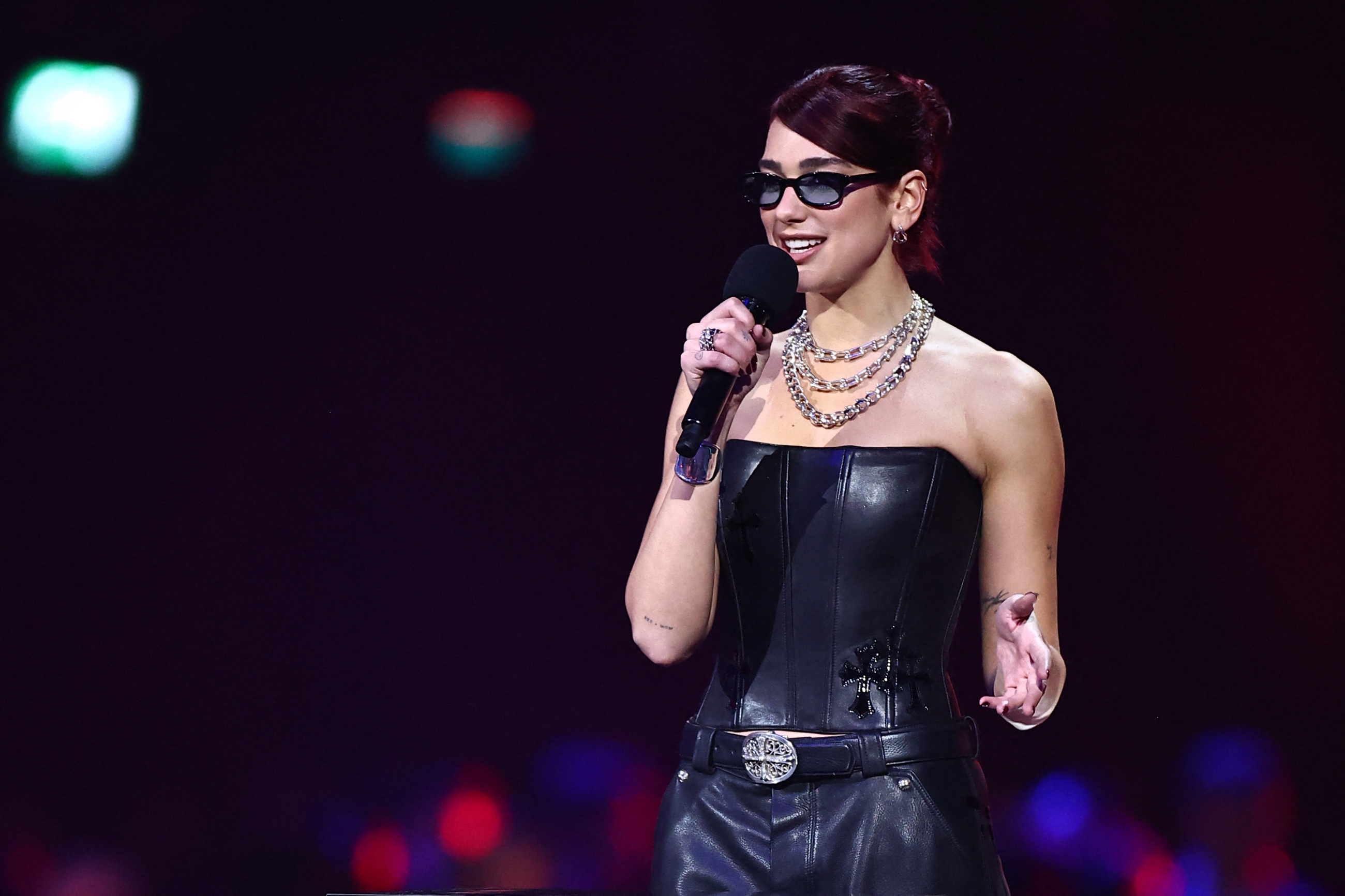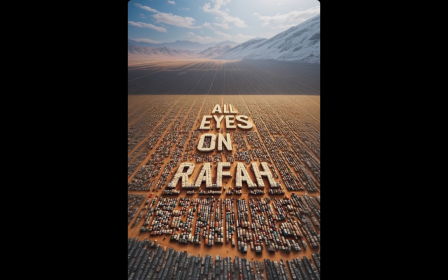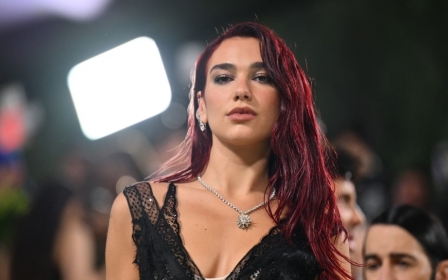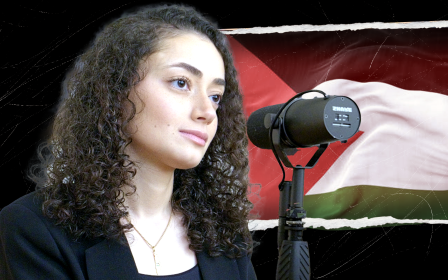War on Gaza: Dua Lipa says she is willing to risk backlash for criticising Israel

It was in November last year when Grammy award-winning pop star Dua Lipa and other celebrities were named in a viral Israeli drill rap threatening them with violence for speaking up for Palestinians amid Israel’s assault on the Gaza Strip.
Seven months later, Lipa says she is willing to face backlash over her opposition to the war for the “greater good”.
“When I speak about things that are political, I double-, triple-check myself to be: ‘OK, this is about something that is way bigger than me, and it’s necessary – and that’s the only reason I’m posting it.’ That is my only solace in doing that,” she said in an interview with the Radio Times on Tuesday.
“It’s always going to be met with a backlash and other people’s opinions, so it’s a big decision. I balance it out, because ultimately I feel it’s for the greater good, so I’m willing to [take that hit],” the 2024 Glastonbury Festival headliner said.
Most recently, Lipa made headlines when she joined tens of millions of people in sharing a viral AI image calling for attention to the Rafah massacre, where the Israeli army attacked a tent camp housing displaced Palestinians in southern Gaza, killing at least 45 people and injuring dozens of others, mostly women and children.
New MEE newsletter: Jerusalem Dispatch
Sign up to get the latest insights and analysis on Israel-Palestine, alongside Turkey Unpacked and other MEE newsletters
“Burning children alive can never be justified. The whole world is mobilising to stop the Israeli genocide. Please show your solidarity with Gaza,” she said in her Instagram story last month as she reposted the image.
As a result of her comments, some pro-Israeli social media users said they were boycotting the singer.
“I cancelled my love for Dua Lipa! Haha I loved her but I can't take the idea of her standing with TERRORIST HAMAS AND PALESTINE! Bye Dua!”, one user on X, formally Twitter, said.
I cancelled my love for Dua Lipa! Haha
— T A T A T (@0ctoberSeven23) June 1, 2024
I loved her but I can't take the idea of her standing with TERRORIST HAMAS AND PALESTINE!
Bye Dua!
The StopAntisemitism account on X also targeted the singer, saying that they are not shocked by her “genocide” claims and accusing her of using antisemitic rhetoric.
That’s a claim the singer rejects.
In January, she told Rolling Stone she felt “so bad for every Israeli life lost and what happened on Oct. 7", referring to the Hamas-led attack in southern Israel that killed more than 1,100 people and took around 250 people captive.
“At the moment, what we have to look at is how many lives have been lost in Gaza, and the innocent civilians, and the lives that are just being lost," the singer continued.
"There are just not enough world leaders that are taking a stand and speaking up about the humanitarian crisis that’s happening."
Despite the backlash she faced, Lipa said that staying quiet was not an option for her, particularly because of her heritage and her parents’ experience of having to leave their home.
The singer was born to Albanian parents who arrived in the UK as refugees after fleeing Kosovo because of the war in the former Yugoslavia.
“[Speaking up is] a natural inclination for me, given my background and heritage, and that my very existence is somewhat political – it’s not something that is out of the ordinary for me to be feeling close to,” she said.
Middle East Eye delivers independent and unrivalled coverage and analysis of the Middle East, North Africa and beyond. To learn more about republishing this content and the associated fees, please fill out this form. More about MEE can be found here.




